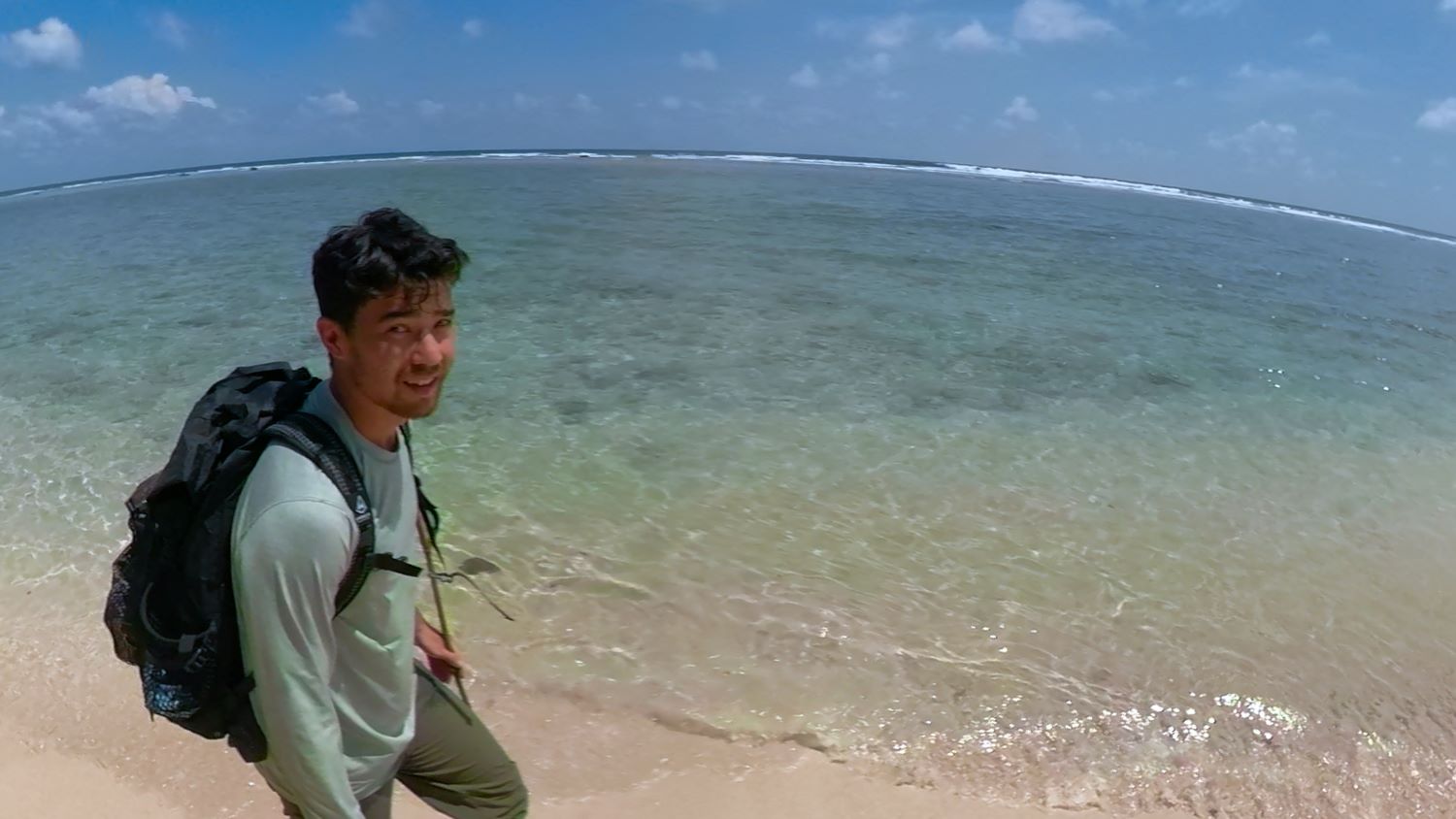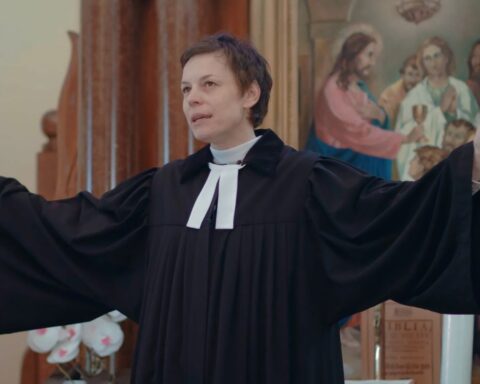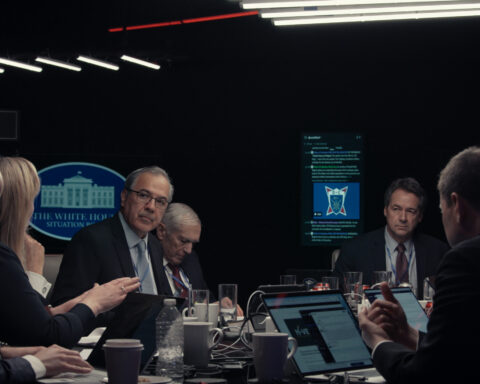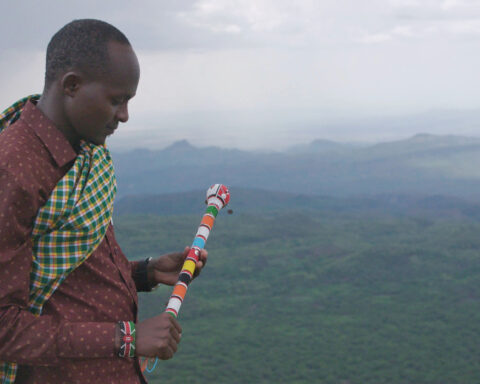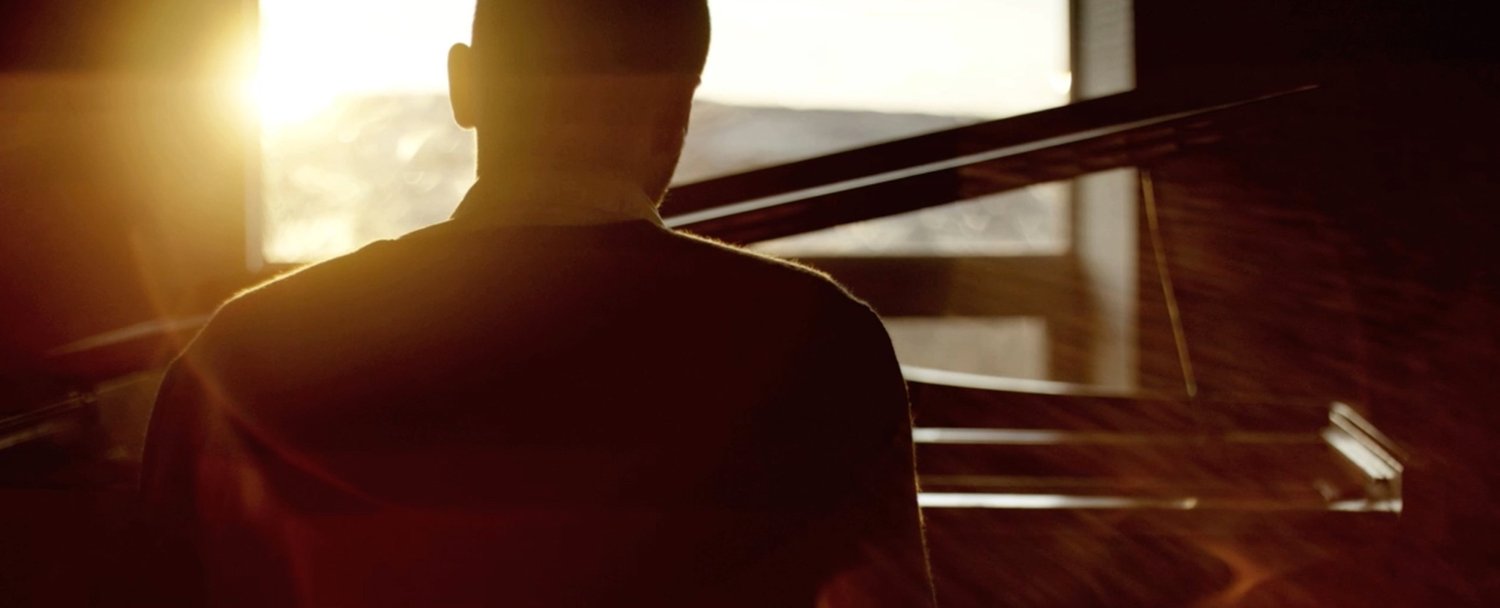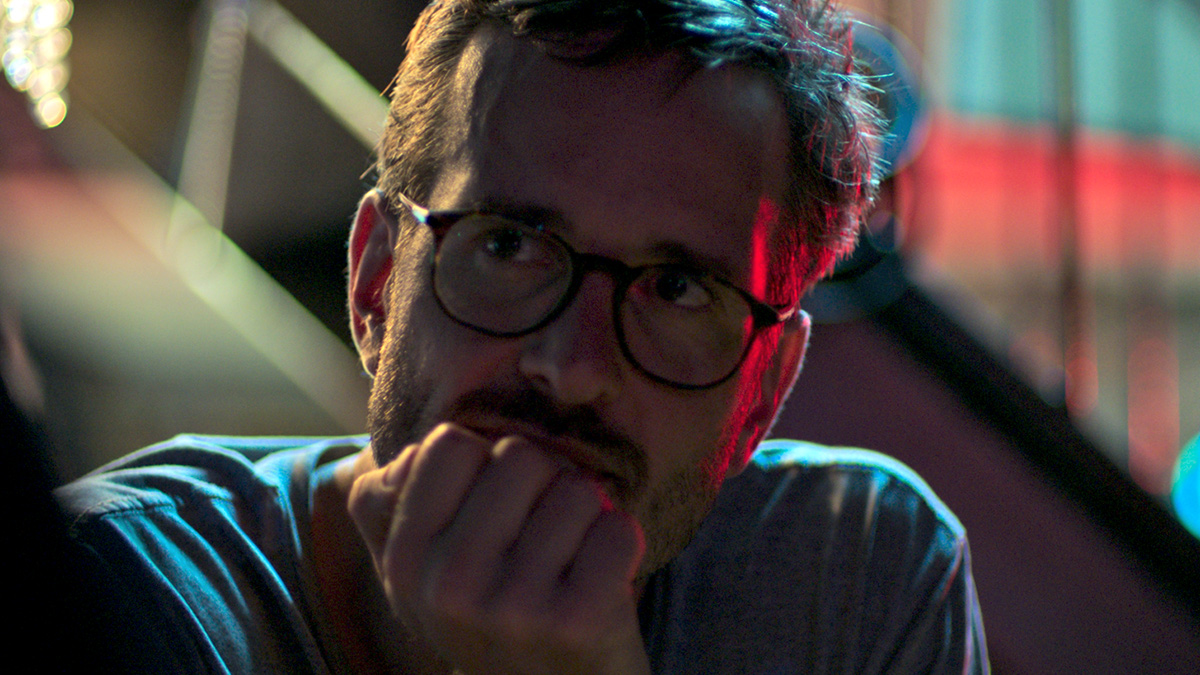The Mission
(USA and India, 103 min.)
Dir. Jesse Moss and Amanda McBaine
Over the years, the people of North Sentinel Island, an island archipelago in the Bay of Bengal, have been unequivocal in their desire to remain isolated, turning violent when approaching outsiders get too close. In 2006, two fishermen, Sunder Raj and Pandit Tiwari, were killed by the Sentinelese when their boat’s anchor failed to keep them steady and, overnight, drifted towards the island as the two men slept.
While Raj and Tiwari were victims of bad luck and ill-advised planning, John Chau’s expedition was intentional. The young American missionary, armed with a motivation to share his Christian beliefs, approached North Sentinel Island in spite of the 5 km-radius exclusion zone and his knowledge that its people did not want to be bothered.
It’s very easy to turn a nose up to Chau’s untimely end. It was by his own volition that he set about on this trip and as The Mission illustrates, many people warned Chau against doing so, including his own father. However, instead of judging Chau for his decisions, directors Jesse Moss and Amanda McBaine (Boys State) explains what led him to these choices. Likewise, The Mission carefully avoids sympathizing with the consequences of Chau’s actions, creating a balanced accounting of his now-notorious legacy.
The Mission introduces many different voices — colleagues, friends, mentors, and teachers — who offer their perspectives about who John Chau was as a person, a friend, and a Christian. For some, his calling towards North Sentinel Island made sense because his strongly-held beliefs that the gospel of Jesus Christ could only benefit others produced an unshakable determination to do right by his religion. Others, like his high school classmate, Levi Davis, exhibit a conflicted attitude: perhaps if a few things had gone differently in Chau’s life, he’d still be here.
The most significant voices, though, are the ones we don’t hear: Chau himself and his family. Chau’s family declined to participate in the film and instead, his father sent the filmmakers a letter describing his sorrow and guilt over his youngest child’s death. This letter, along with statements made by Chau in his recovered diary, which the family shared with Moss and McBaine, and posts from blogs and social media are narrated throughout the film through voice actors. Beautifully hand-drawn animations bring the words of Chau and his father to life and reiterate Chau’s youthfulness.
The words of Chau’s father are deeply felt. His admonishment over his perceived failings as a parent and his frustration with his son’s actions come through in an anguished appeal to the masses. At the heart of his sadness, and sometimes anger, is the unwavering grief of a father for the son he lost in death and disconnected from in life.
I recall when Chau’s death was reported in the news in 2018, the collective eye roll it inspired, and the calls of, “Well, he deserved it,” that rang across the internet and in private conversations. For many (myself included), mission trips like Chau’s are merely a form of 21st century colonization. Moreover, given that his story was void of any allegations of unjust coercion, what sympathy was there to grant him?
The Mission elegantly rebuts this, admittedly, cold attitude. Discussions around colonization are presented through Chau’s notes and his father’s writing, with both men being aware of the modern-day implications of missionaries. Chau specifically stresses that his intention was for the Sentinelese to come to Christianity through their own culture and values, rather than through Western ideals. Chau’s friends fill in a portrait of an avid outdoorsman much like any number of young adventure-seekers in the world. Through these narratives and others, Moss and McBaine humanize Chau beyond being an internet joke.
But it should be stressed: The Mission does not seek to excuse Chau’s responsibility for his own death, nor does it villainize the Sentinelese in any way. The film presents multiple reasons and stories as to why isolated civilizations should be left alone, including the harm that could be caused by “modernizing.”
Perhaps the most insightful interviewee in The Mission, Professor Dan Everett, brings forth a unique perspective as a former missionary who lived among the Pirahã people of the Amazon in an attempt to convert them to Christianity. When his efforts hit a wall, Everett had a moment of clarity in regards to his mission and its negative implications to the Pirahã. Hearing Everett’s personal spiritual history and his awakening to the reality of missionary work creates an undeniable parallel to Chau’s story that almost acts as an alternative history to Chau’s story. Everett’s understanding of Chau grants an opportunity to view Chau’s story in a different light — one that carries compassion rather than pure disdain.
Through Chau’s story, The Mission becomes a force for our society’s knee-jerk reactions. In a time where opinions are more vocalized and polarized than ever, the film stands as an example of understanding someone’s wrong without defending or vindicating their actions, and without altogether dismissing their humanity.




